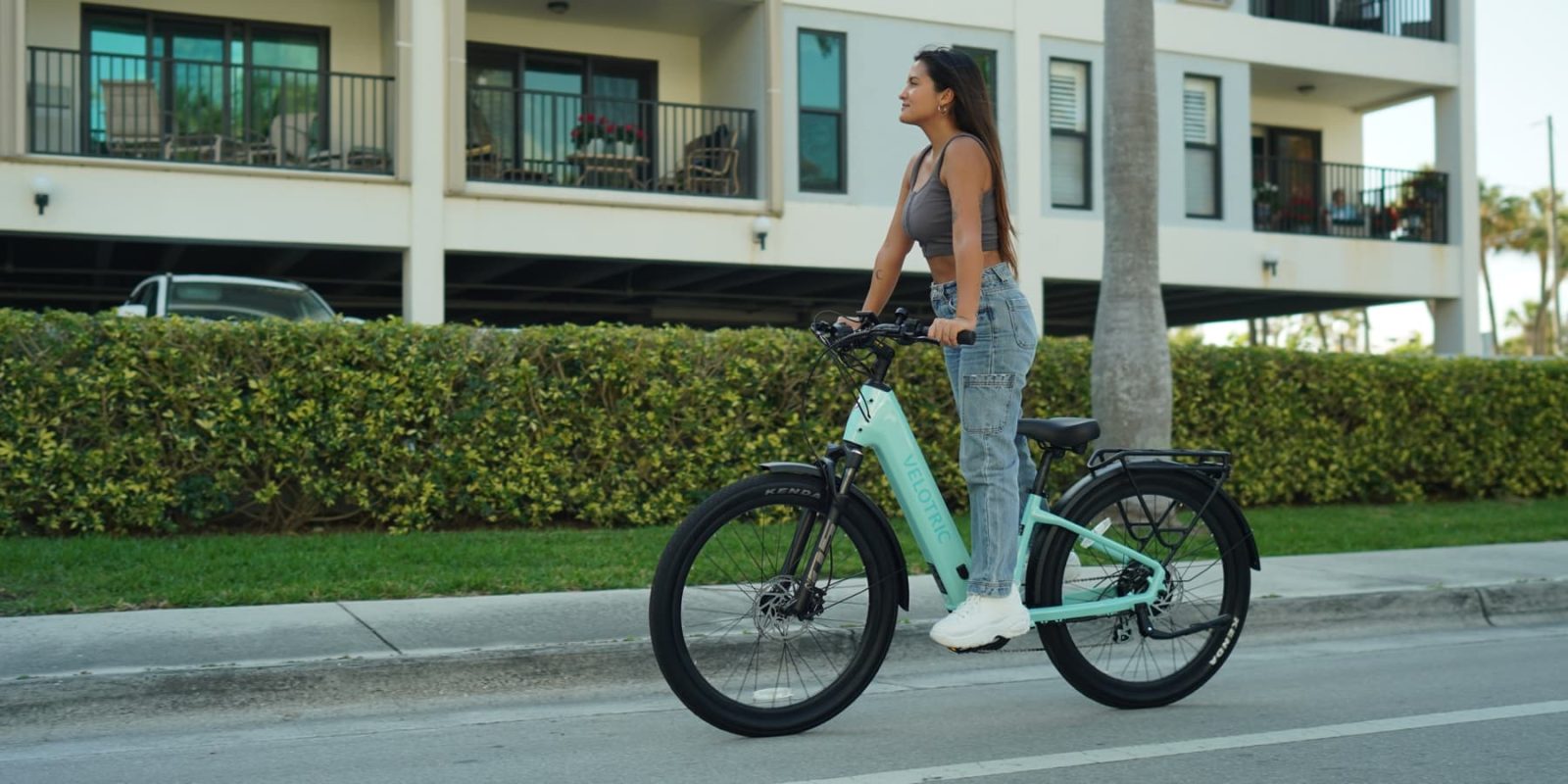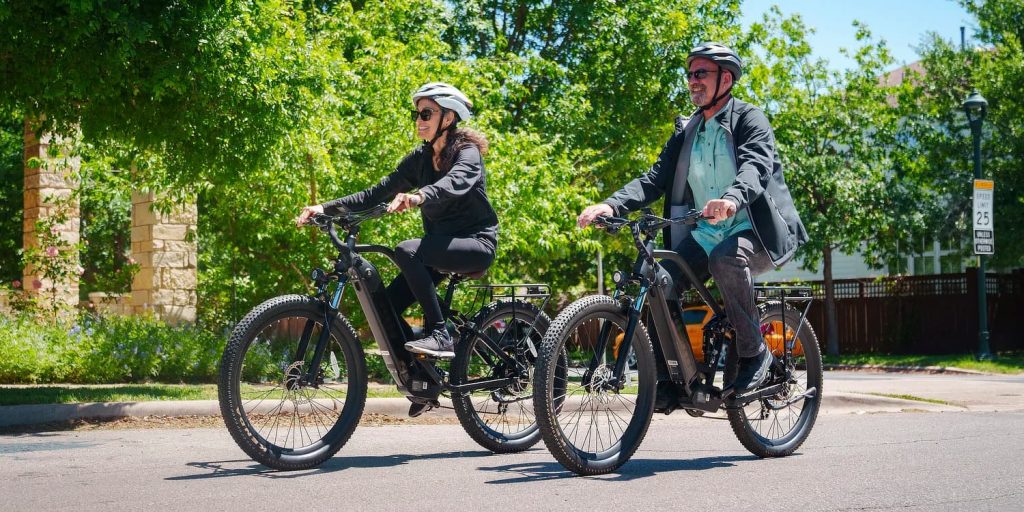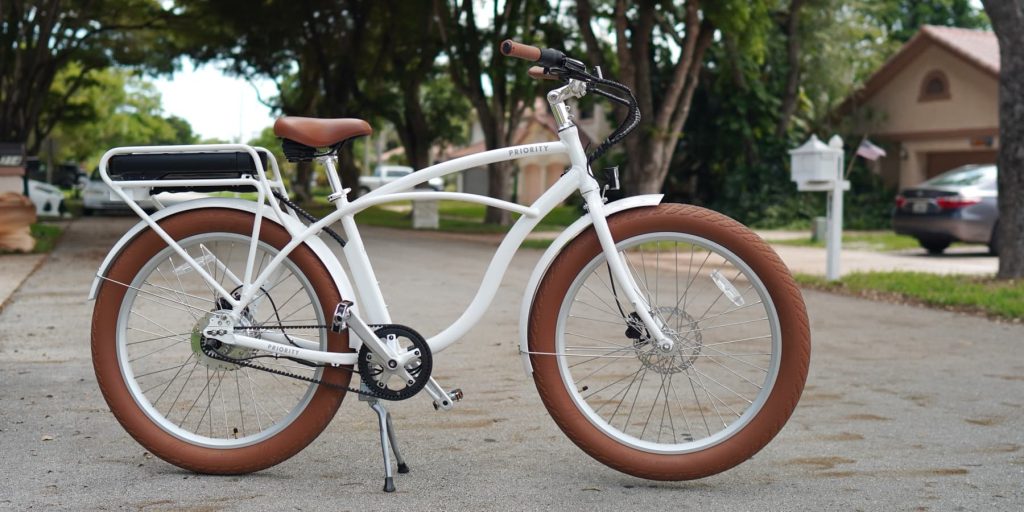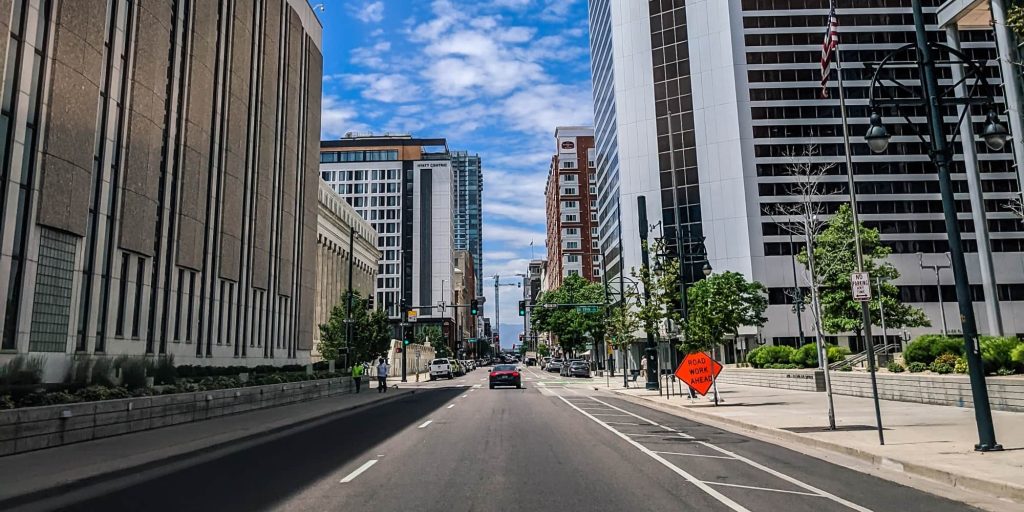
Electric bicycle rebate programs, which often provide vouchers or tax credits to help offset the cost of an electric bike for local residents, are becoming increasingly popular around the US. The city of Denver’s own program, which was one of the first in the country, has now become a victim of its own success.
The Denver e-bike voucher program regularly offers new tranches of vouchers at specific intervals throughout the year, with local residents eagerly awaiting the chance to log in and sign up to hopefully receive a coveted voucher.
The rebates start at $300 for a standard electric bicycle or $500 for a cargo e-bike, but larger rebates are available for lower-income city residents. At the highest level, rebates for up to $1,400 off the price of an electric bicycle are available.
The latest batch of 220 vouchers was released this week, but as usual, demand significantly outpaced supply. In total, 17,000 people logged on to the rebate program’s site to quickly fill out the form in hopes of receiving one of the few vouchers available.
Maggie Hansen explained to the Denverite that she logged on right as the vouchers dropped at 11:00 AM, filling out the form as quickly as she could despite having a cast on one hand. When she clicked ‘Enter’ at 11:01 and 11 seconds, she was met with a rejection response that no vouchers remained.
Past rounds have taken longer to exhaust the total number of vouchers available, though rarely more than 20 minutes.

E-bike voucher programs like Denver’s are becoming an increasingly popular tool for promoting sustainable transportation and improving the quality of life for city residents. These programs provide much-needed financial incentives in the form of discounts or vouchers that help residents purchase electric bikes, making this eco-friendly mode of transportation more accessible to a broader range of people.
By lowering the upfront cost of e-bikes, these programs encourage more individuals to opt for this efficient and environmentally friendly alternative to cars, which in turn helps reduce traffic congestion, lower greenhouse gas emissions, and improve air quality in urban areas.
Beyond the environmental benefits, e-bike voucher programs also offer significant advantages for residents’ health and finances. E-bikes make cycling more accessible to people of varying ages and fitness levels by providing assistance on hills or during longer rides, encouraging more people to incorporate physical activity into their daily routines.
Additionally, by offering a cost-effective alternative to car ownership, these programs can help residents save on transportation expenses such as fuel, parking, and maintenance. For those who rely on public transit, e-bikes can provide a convenient “last mile” solution, making it easier to reach destinations that are not directly served by bus or train routes. Ultimately, these voucher programs not only support greener cities but also contribute to the well-being and financial stability of their residents.

At the same time, they’ve been met with their own fair share of issues.
Some programs, such as California’s long-awaited state-level e-bike rebate program, have been horribly mismanaged.
Even Denver’s program though, which has been touted countrywide as a success story among e-bike rebate programs, has helped to lay bare the struggle among cyclists in demanding safe and effective road infrastructure. The influx of new e-bike riders in Denver, largely helped by the generous e-bike voucher program, has put more stress on local streets and forced the city to accelerate its already progressing plans to roll out more bike lanes and safer cycling routes.
Those hoping to get in on the next round of Denver’s e-bike rebates should prepare in advance, marking Tuesday, October 29th on their calendars. Be sure to limber up your fingers, as you’ll likely have less than a minute to fill out that form.

FTC: We use income earning auto affiliate links. More.






Comments